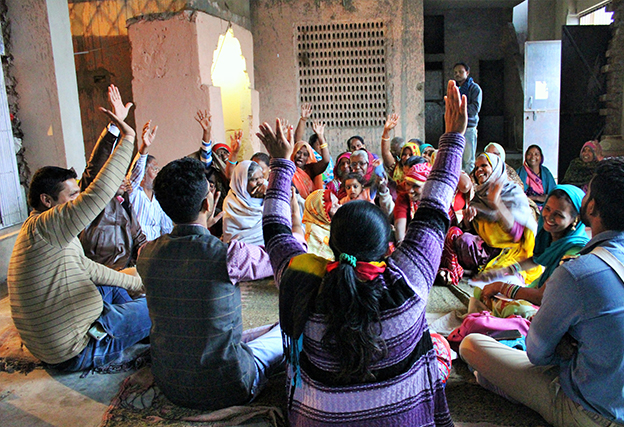Governance is realised by the citizens in the form of access to services
such as health, education, sanitation, registration documents for
identification, transportation and so on. The effectiveness and
relevance of these services determine the quality of governance systems.
Access of these services for poor, vulnerable and marginalised is
particularly difficult and they are either paying for sub-standard
services or are deprived of services altogether. This has led to the
emergence of social accountability practices to hold people in the
governance system, organisations and institutions answerable to this
lack or inefficiency. However, any form of accountability is expected to
work when citizens are able to make demands from powerful institutions.

